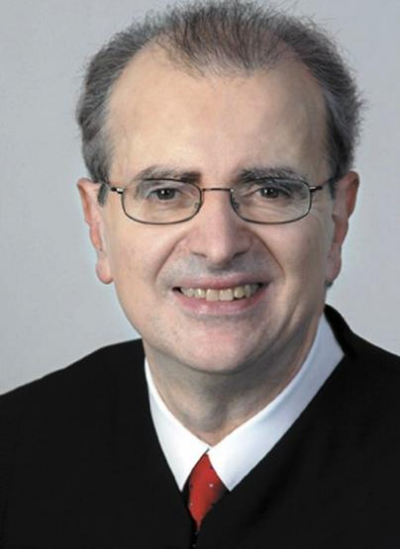NY top judge Lippman proposes law students work for credit

Screen Shot 2014-02-11 at 1.30.05 PM.png
ALBANY— Noting the decline in law school enrollment and opportunities in the profession, New York’s chief judge on Tuesday unveiled plans to let law students spend their last semester doing free legal work for practical experience and academic credit.
Chief Judge Jonathan Lippman said the program will also help close the vast “justice gap” facing the poor in New York, where millions face civil issues like eviction, foreclosure, and custody and government benefit issues without advice from lawyers.
The state Board of Law Examiners has already approved the Pro Bono Scholars Program, which Lippman said is expected to be offered as an option to all New York’s 15 law schools starting next year.